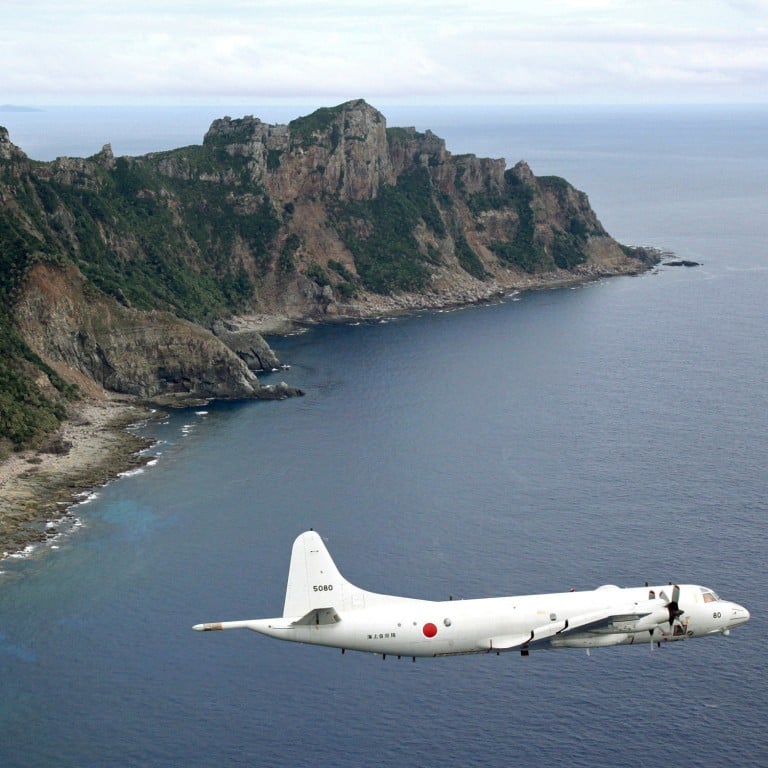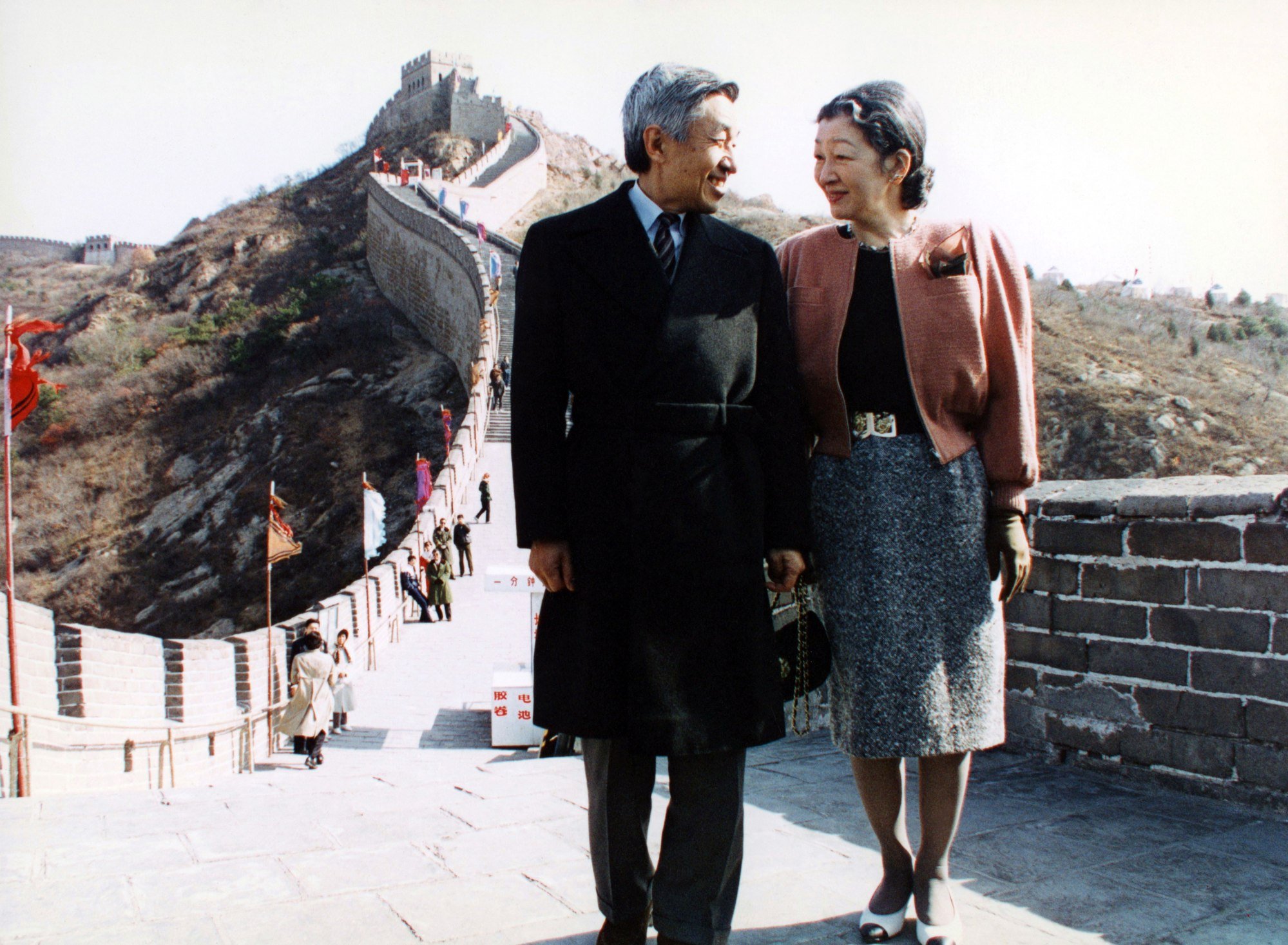
Japan secretly asked China to drop Diaoyu Islands claim before emperor Akihito’s 1992 visit
- Declassified documents showed Tokyo urged Chinese officials to refrain from publicly speaking about the disputed islands to avoid causing rift among the Japanese public
- Akihito toured Beijing, Xian and Shanghai for six days, becoming the first-ever Japanese emperor to visit China
Then Japanese ambassador to China Hiroshi Hashimoto asked influential Chinese officials to refrain from publicly speaking about the issue of the uninhabited islets and historical disputes, in line with a secret order from then prime minister Kiichi Miyazawa in April 1992, the foreign ministry’s records showed.
The visit, which had been repeatedly requested by Beijing, was made by then emperor Akihito in October that year, marking the 20th anniversary of the normalisation of diplomatic ties in 1972.
Akihito’s father Hirohito, posthumously known as emperor Showa, was the nation’s ruler during the war.
‘China’s wrong’: the fisherman, 72, staking Japan’s claim to the Diaoyus
The enactment of a new Chinese law on territorial waters and adjacent waters in February 1992, which first declared the island chain – called the Senkakus by Tokyo –as China’s territory, reignited war-related disputes with Tokyo and further worsened public sentiment in Japan towards China.
Still, Japan was keen to respond to China’s request for an imperial visit as it supported Beijing’s “reform and opening-up” policy, which Tokyo hoped would lead to the democratisation of the country.
According to the documents, Hashimoto, on a visit back to Japan, proposed that he urge Beijing not to take up issues that could provoke negative sentiment among the Japanese public.
Miyazawa was quoted by the records as saying that he did not want the emperor to visit China “in a way that would cause a rift” among the public or in his conservative Liberal Democratic Party.
Back in China, Hashimto met with Chinese heavyweights such as Wen Jiabao, who later became the premier, asking them to avoid publicly speaking about the Diaoyus and other sensitive issues.
Wen said in response that he would “look toward the future” and work together with Japan, according to the documents. China began refraining from making confrontational remarks.
Later in April, Miyazawa told then Chinese Communist Party General Secretary Jiang Zemin in their meeting in Japan that Tokyo wanted Beijing’s cooperation in dealing the Diaoyus issue and to avoid causing a negative impact on “the big picture” of the bilateral relationship, according to the records.
Sakutaro Tanino, then head of the Japanese foreign ministry’s Asian affairs bureau, said in an interview with Kyodo News that “every time Chinese VIPs came, they made a request” for an imperial visit.
“So, we thought that someday we had to realise it,” Tanino said, adding that he felt relieved that the trip was generally viewed as a success.
But Yusuke Anami, a professor at Tohoku University, said that it might have been better for Japan to cancel the emperor’s visit, as it resulted in Japanese diplomats “trivialising” the Diaoyus issue at a time when China was trying to change the status quo by enacting the territorial waters law.

Anami, well-versed in Chinese modern history, also pointed out that Western nations’ tough stance on China after a 1989 military crackdown on a pro-democracy movement in Beijing’s Tiananmen Square softened following the emperor’s trip, smoothing the way for China’s economic growth and military build-up.
Even though it was difficult then to foresee the political developments that followed in China, “The China visit did not serve Japan’s national interest,” he added.
Emperor Akihito toured Beijing, Xian and Shanghai for six days, becoming the first-ever Japanese emperor to visit China. He expressed his “deep regret” over Japan’s past aggression towards China, but stopped short of making an outright apology.


